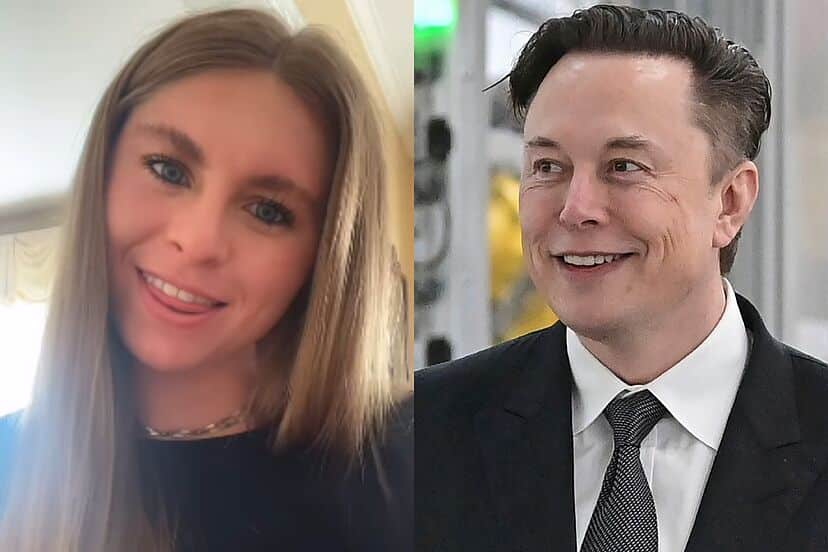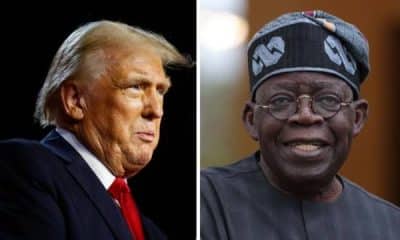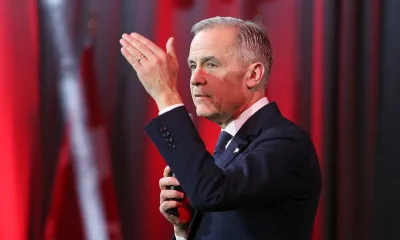Nigeria News
Elon Musk’s Transgender Daughter Set To Leave US After Trump’s Victory

Vivian Wilson, the 20-year-old estranged transgender daughter of tech billionaire Elon Musk, has disclosed plans to leave the United States in the wake of Donald Trump’s recent election victory.
Wilson made the announcement on Threads, citing discomfort with the political climate under Trump’s return to office.
“The direction this country is heading under the current political leadership makes me uneasy,” she wrote, according to a report by the UK’s Daily Mail.
“I don’t see my future in the United States.
“I’ve thought this for a while, but yesterday confirmed it for me. Even if he’s only in office for four years, even if anti-trans regulations don’t materialise, the people who voted for this aren’t going anywhere anytime soon,” she wrote.
Vivian, who was born Xavier Musk in 2004, filed to legally change her name and gender in April 2022, requesting to sever ties with her father by adopting her mother’s maiden name, Wilson.
In the court filings, she was quoted as saying, “I no longer live with or wish to be related to my biological father in any way, shape, or form.”
Musk, who openly supported Trump and fathered 12 children across three relationships, has been outspoken about his strained relationship with Vivian.
Referring to her as a “communist” who views wealth as inherently evil, Musk, 53, claimed he had been misled into consenting to her use of puberty blockers.
“I was essentially tricked into signing documents for Xavier.
“I didn’t fully understand what was happening at the time; it was during COVID, and I was told Xavier might commit suicide,” he said.
Musk has previously described puberty blockers as “sterilisation drugs” and labelled gender dysphoria as “incredibly evil,” arguing that those promoting it “should go to prison.” He claimed, “I lost my son… They call it ‘deadnaming’ because your son is dead, killed by the woke mind virus.”
In response to Musk’s comments, Vivian stated that her father had little involvement in her childhood and often criticized her for her “femininity and queerness.”
“He doesn’t know what I was like as a child because he simply wasn’t there.
“I was relentlessly harassed for my femininity and queerness. I’ve been reduced to a stereotype. I think that says a lot about how he views queer people and children in general,” she stated.












